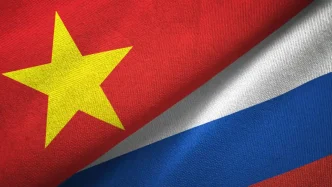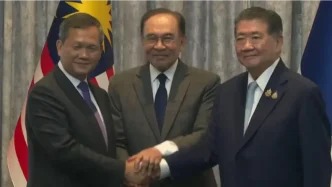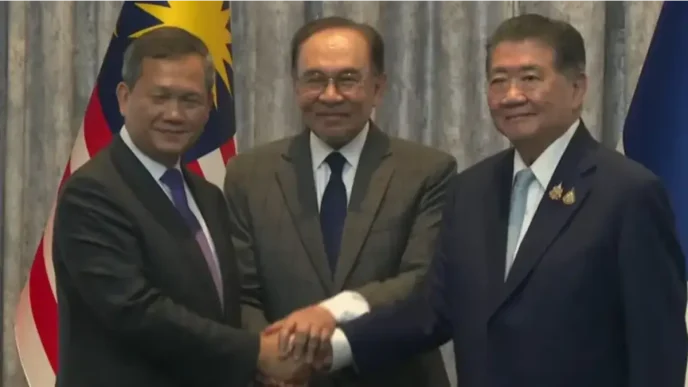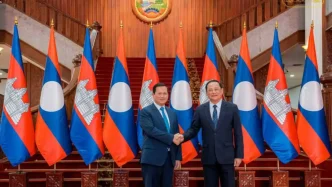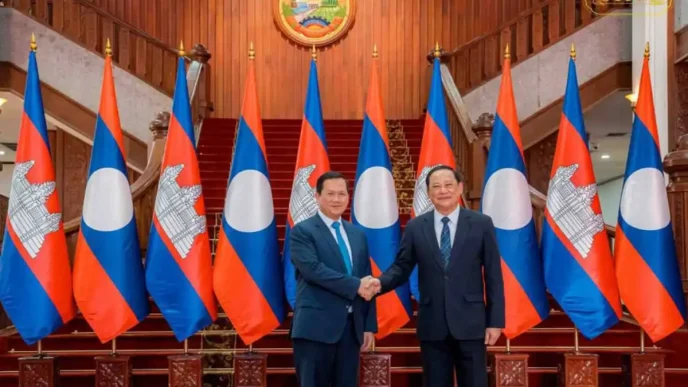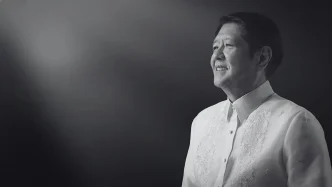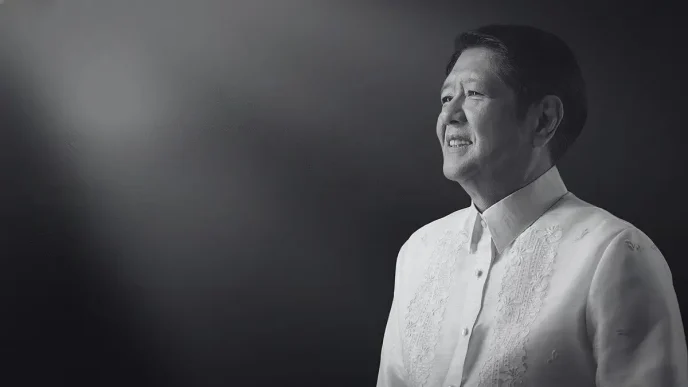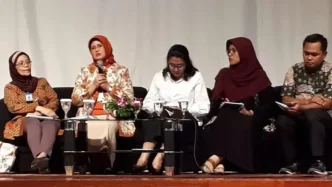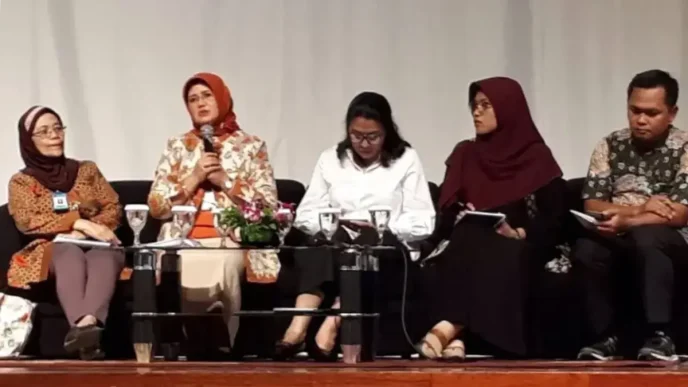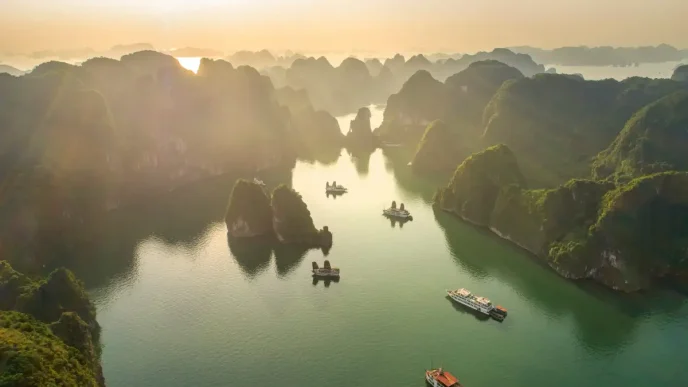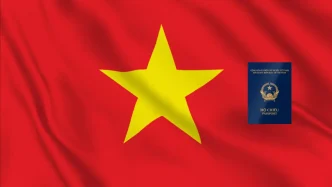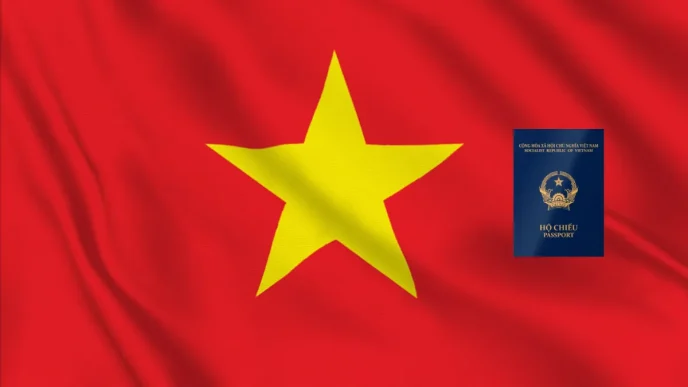A vibrant display of cultural diplomacy is unfolding across Russia as Vietnam and Russia mark the 75th anniversary of their diplomatic relations, established in 1950. Organized by the Vietnamese Embassy in collaboration with Vietnam’s Ministry of Culture, Sports and Tourism, and Ministry of Foreign Affairs, alongside authorities in Moscow and Saint Petersburg, a series of events showcases Vietnam’s rich heritage. The celebrations, highlighted by a high-level Vietnamese delegation led by Madam Ngô Phương Ly, spouse of Party General Secretary Tô Lâm, underscore the deep ties between the two nations.
A Milestone in Bilateral Relations
The centerpiece of the commemorative activities took place on July 25, 2025, with the opening of the Vietnam – Colours from the Tropics cultural festival at Moscow’s iconic Red Square. This event, a first of its kind at such a historic location, symbolizes the enduring friendship between Vietnam and Russia. Madam Ngô Phương Ly, in her address at the opening, expressed heartfelt gratitude to the Russian government and the city of Moscow for their warm hospitality. She emphasized the shared history, including educational exchanges that have shaped Vietnamese leaders and the personal bonds within many Vietnamese-Russian families.
Russian Federation Council Deputy Chairman Andrei Yatskin, representing Speaker Valentina Matviyenko, echoed these sentiments, describing Red Square as Moscow’s most hospitable venue for such a celebration. He highlighted the high level of trust between President Vladimir Putin and General Secretary Tô Lâm, noting that this relationship has spurred rapid progress in cultural and humanitarian cooperation. Yatskin expressed optimism that the festival would leave a lasting impression on Moscow’s residents and visitors alike.
Strengthening Cultural and Educational Ties
The cultural festival is just one facet of a broader effort to deepen bilateral cooperation. On July 24, 2025, Madam Ngô Phương Ly met with Russian Deputy Prime Minister Dmitry Chernyshenko to discuss collaboration in culture and education. During the meeting, Ly conveyed warm greetings from General Secretary Tô Lâm to President Putin, while Chernyshenko reciprocated with Putin’s regards. He also commended the outcomes of Tô Lâm’s visit to Russia in May 2025 and announced plans for a Russian delegation to attend Vietnam’s 80th National Day celebrations later this year.
Ly took the opportunity to thank Russia for supporting the cultural festival at Red Square, describing it as a significant platform to introduce Vietnamese arts and traditions to both Russian citizens and the international community. Chernyshenko, in turn, reaffirmed Russia’s commitment to expanding educational ties, including increasing scholarships for Vietnamese students in fields like culture and science. He also endorsed the introduction of Vietnamese language classes in schools with significant Vietnamese student populations and praised the Vietnamese community in Russia for their hard work and adherence to local laws.
Preserving Cultural Identity Abroad
As part of her visit, Madam Ly engaged with the Vietnamese diaspora in Russia, emphasizing the importance of maintaining cultural identity. On July 23, 2025, she visited a Vietnamese language class for children at the Hanoi–Moscow Multifunctional Complex (INCENTRA). Moved by the students’ fluency and connection to their homeland, Ly described language as a sacred link to cultural heritage. She reiterated that overseas Vietnamese are an inseparable part of the nation and gifted the students Vietnamese books to further nurture their ties to Vietnam.
The following day, on July 24, Ly and the Vietnamese delegation paid tribute to Vietnam’s historical legacy by laying flowers at the statue of the late President Hồ Chí Minh in Moscow. This gesture underscored the deep historical connections that continue to underpin Vietnam-Russia relations, honoring the foundational role of past leaders in fostering this partnership.
A Shared History and Future Aspirations
The 75th anniversary celebrations are not merely a reflection on the past but also a forward-looking endeavor to strengthen ties for the future. Vietnam and Russia share a history of mutual support, particularly during Vietnam’s struggles for independence and reunification, with the Soviet Union—Russia’s predecessor—providing significant assistance. Today, this relationship manifests in cultural exchanges, educational opportunities, and political dialogue at the highest levels.
The Vietnam – Colours from the Tropics festival at Red Square serves as a vivid example of cultural diplomacy in action. It offers a platform for Vietnamese traditions—ranging from music and dance to cuisine and crafts—to be showcased in one of the world’s most iconic public spaces. For many Russians, it provides a rare glimpse into Vietnam’s vibrant culture, fostering mutual understanding and appreciation.
Political and Strategic Dimensions
Beyond cultural exchange, the events carry significant political weight. The presence of Madam Ngô Phương Ly, representing Vietnam’s leadership, signals the importance Hanoi places on its relationship with Moscow. This comes at a time when Vietnam is navigating a complex geopolitical landscape, balancing relations with major powers while maintaining its non-aligned foreign policy. Russia, for its part, views Vietnam as a key partner in Southeast Asia, a region of growing strategic importance.
The discussions between Ly and Chernyshenko also touched on broader bilateral cooperation. Educational initiatives, such as scholarships and language programs, are seen as long-term investments in people-to-people connections. These efforts are particularly significant given the historical context: thousands of Vietnamese students studied in the Soviet Union during the 20th century, many of whom went on to become leaders in government, academia, and industry. Reviving and expanding such programs could further solidify the human bonds between the two nations.
Challenges and Opportunities in Cultural Diplomacy
While the cultural festival and related events have been met with enthusiasm, they also highlight the challenges of sustaining such initiatives. Organizing large-scale international events requires significant resources, coordination, and political will on both sides. For Vietnam, promoting its culture abroad is a delicate balance of showcasing national pride while ensuring authenticity and avoiding commercialization of traditions.
Moreover, cultural diplomacy must navigate the broader geopolitical context. Vietnam and Russia, while historically close, operate in different spheres of influence today. Vietnam’s deepening ties with the United States, the European Union, and other Asian powers sometimes contrast with Russia’s international positioning. Events like the Red Square festival, therefore, serve as a reminder of the unique historical relationship that persists despite contemporary divergences.
Nevertheless, opportunities abound. Cultural exchanges can pave the way for economic and political collaboration, particularly in areas like tourism and trade. By introducing Russian audiences to Vietnamese culture, events like these could spur interest in Vietnam as a travel destination or investment hub. Similarly, educational programs could foster a new generation of Vietnamese professionals with expertise in Russian language and culture, facilitating dialogue in an increasingly interconnected world.
The Vietnamese Community in Russia
The Vietnamese diaspora in Russia, estimated to number in the tens of thousands, plays a crucial role in bridging the two nations. Many Vietnamese in Russia are small business owners, workers, or students who contribute to the local economy while maintaining strong ties to their homeland. Deputy Prime Minister Chernyshenko’s acknowledgment of their industriousness and respect for local laws reflects an appreciation for their role as cultural ambassadors.
Madam Ly’s visit to the Vietnamese language class at INCENTRA highlighted the importance of community engagement in preserving national identity. For many second- and third-generation Vietnamese in Russia, such programs are vital in maintaining a connection to their roots. The gift of Vietnamese books, while symbolic, underscores Vietnam’s commitment to supporting its diaspora, ensuring they remain an integral part of the national fabric.
Looking Ahead
As the 75th anniversary celebrations continue, both Vietnam and Russia appear committed to building on their shared history. The upcoming visit of a Russian delegation to Vietnam for the 80th National Day celebrations signals a reciprocal gesture of goodwill. Meanwhile, events like the cultural festival at Red Square set a precedent for future exchanges, potentially inspiring similar initiatives in other Russian cities or even in Vietnam.
The enduring friendship between Vietnam and Russia, rooted in decades of mutual support, faces new tests in a rapidly changing global landscape. Yet, through cultural diplomacy and educational collaboration, both nations are laying the groundwork for a partnership that transcends political differences. As the vibrant colors of Vietnam illuminate Moscow’s historic heart, the question remains: how will this renewed cultural dialogue shape the next chapter of their relationship?

